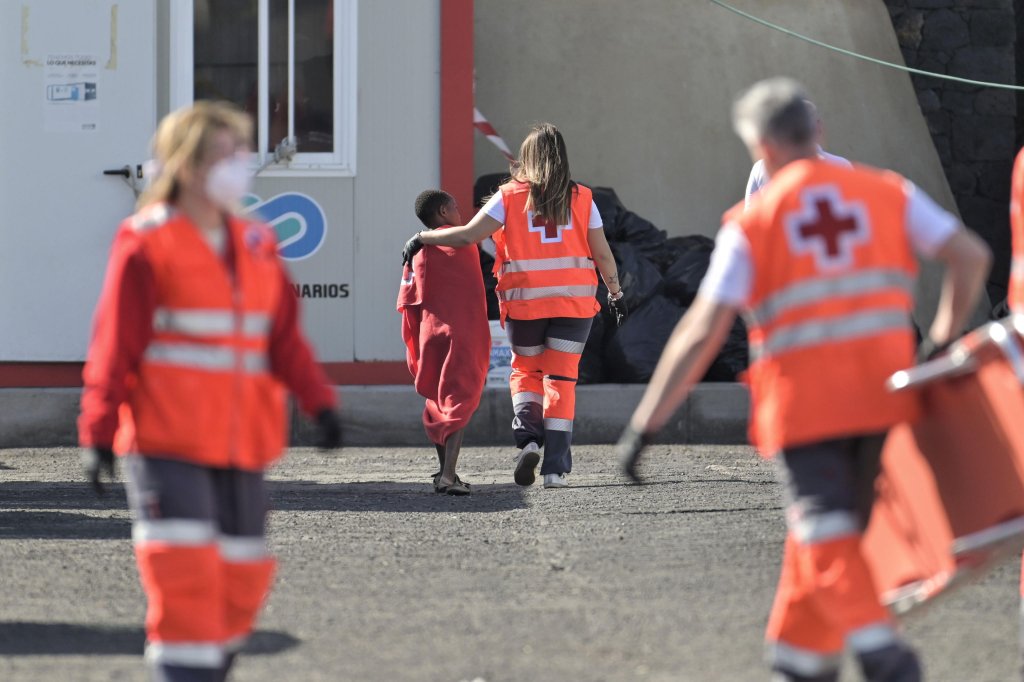Spanish police have arrested 30 people accused of taking part in a large network that allegedly involved families pretending their children were lone migrant minors so they could be placed under state protection. The arrests took place in Tarragona, Catalonia, where investigators say they uncovered a system that allowed families to gain access to services including healthcare, education, and state-funded accommodation.
Authorities said 22 minors were identified in the case and returned to their families. According to Spanish National Police, the alleged fraud resulted in state costs of more than 1.5 million euros, as the children were housed and cared for under government programs intended for unaccompanied minors.
The investigation began in 2023 and revealed that some families traveled to Spain on tourist visas. Police say these families then abandoned their children near police stations, youth shelters, or other public service centers. The children, following instructions, claimed to be alone. This led to them being placed in care facilities where they received protection and support.
Officials say there were two groups involved. One group consisted of families with stable income and multiple travel visas. These parents reportedly left Spain after abandoning their children but returned occasionally to visit. The second group involved families with low-income backgrounds who remained in Spain illegally and only kept contact with their children by phone.
Why did the families pretend their children were alone?
According to police, the goal was to secure legal residence and access to government-funded education, healthcare, and accommodation benefits that unaccompanied minors receive in Spain.
The operation, supported by Catalonia’s child protection services, documented 124 cases of young foreigners, including some over the age of 18, who had been placed in care facilities and were possibly linked to the scheme. So far, parents involved have been charged with child abandonment, aiding illegal immigration, and defrauding the public administration.
The investigation remains ongoing as authorities work to verify the full extent of the network and determine whether similar cases exist in other regions. This case has raised new concerns about how migrant protection systems may be exploited, and the pressures placed on regions that host large numbers of children arriving without parents or guardians.

